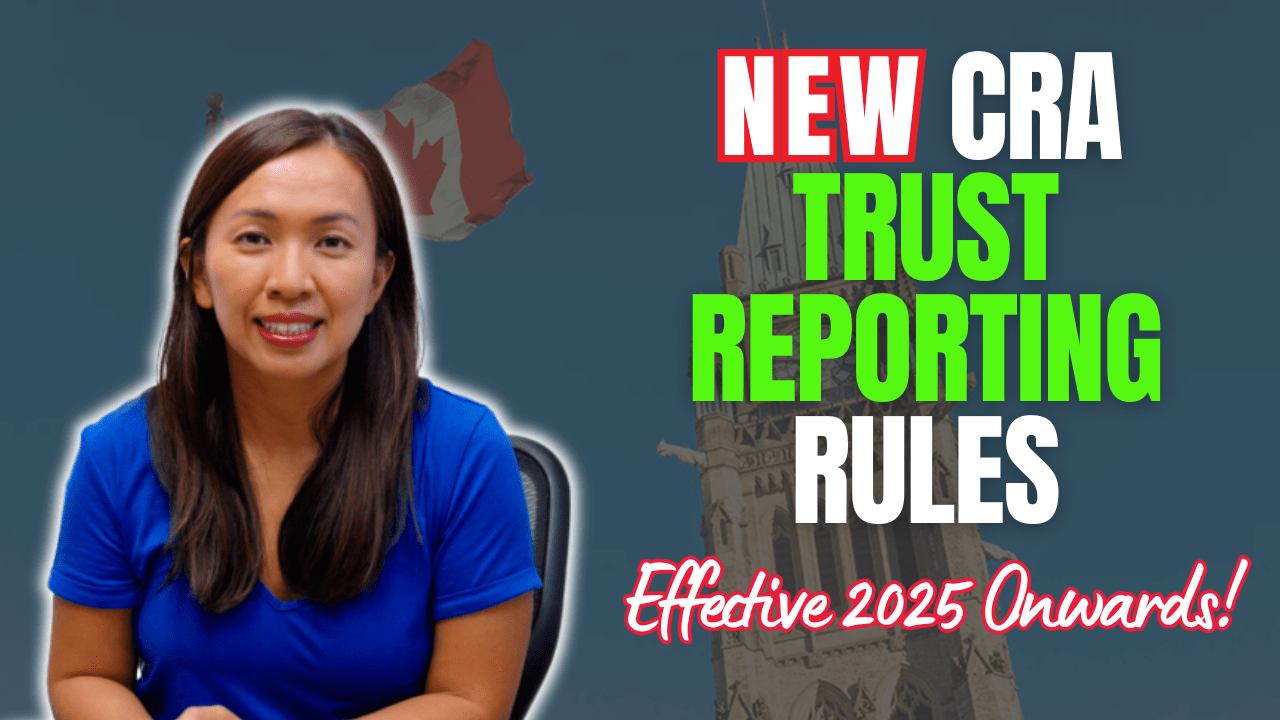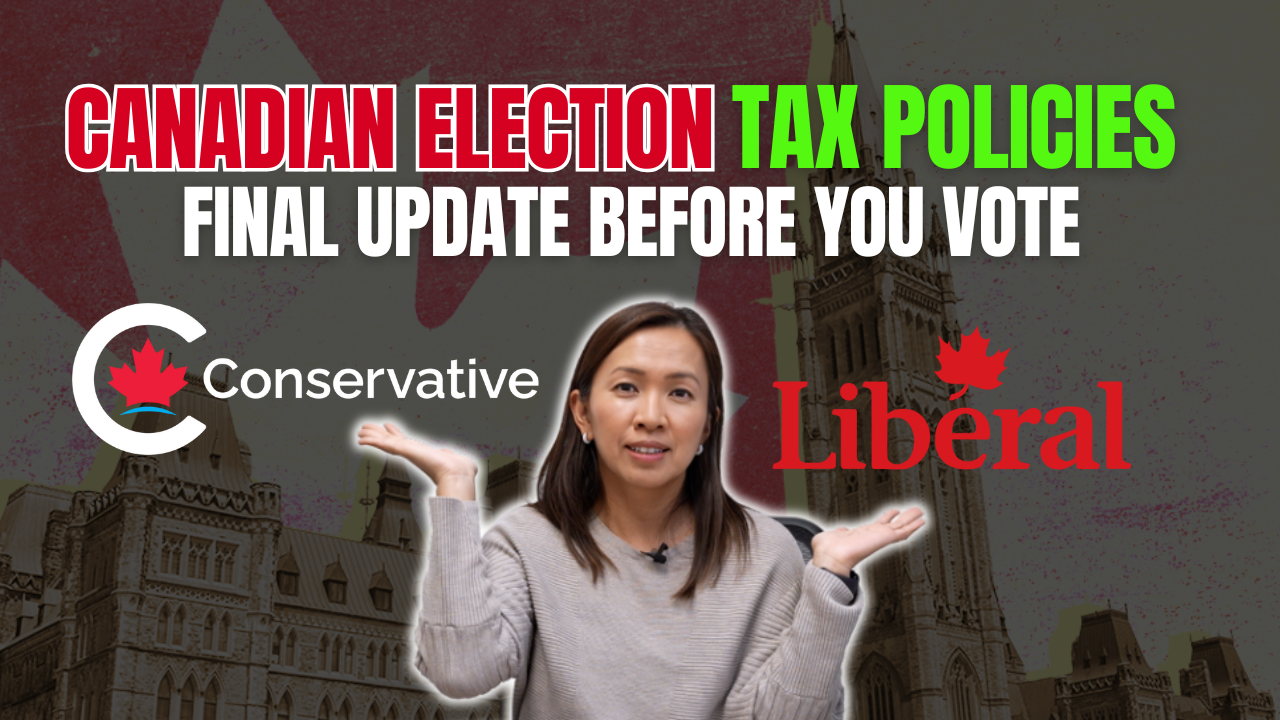Recall the chaos of 2023? The CRA unveiled new trust reporting rules, only to abruptly cancel them, leaving taxpayers and accountants scrambling. Now, they’re back with a revised proposal, aiming to simplify and clarify the rules. But have they succeeded? Let’s find out in this blog post or you can watch the Youtube video!
The Evolution of CRA Trust Reporting Rules
Initially proposed in 2021, the Canadian government aimed to implement changes that would tighten reporting on trusts, particularly focusing on bare trusts. The law was effective starting January 1, 2023, with the first filing deadline of April 2, 2024.
For those of you who aren’t familiar with the old rules, here’s the article on explaining who was required for filing earlier this year.
On March 29, 2024, the government canceled the initial 2023 filing requirements altogether. As you can imagine, this announcement made many Canadian taxpayers and accountants angry.
Fast forward to August 2024, the CRA released proposed changes to the trust reporting rules, clarifying some aspects and introducing draft legislation with major proposed changes that are set to take effect in 2024.
What Are Bare Trusts?
Before we dive into the new rules, it’s essential to understand what a bare trust is. In simple terms, a bare trust arises when the legal ownership of an asset differs from the beneficial ownership. For example, you could be listed on the title of a property, but the true owner is your parent. You’re just helping them manage the property without claiming the benefits or responsibilities of ownership.
The CRA’s new rules are designed to identify the true owners in such cases, which is why bare trust reporting was originally mandated.
Key Changes to Trust Reporting Rules August 2024 edition:
- New Exemptions for 2024:
- If the assets held in the bare trust are under $50,000, regardless of the asset type, you won’t need to file a return. Previously, this threshold only applied to specific types of assets like cash, GICs, or publicly traded stocks.
- Example: If you hold a crypto account worth $40,000 under a bare trust, under the proposed new rules, you would be exempt from filing, even though crypto was not previously considered an eligible asset for exemption.
- Introduction of Related Party Trusts: A new category called related party trusts has been introduced. A trust qualifies as a related party trust if:
- The trustee and the beneficiaries are all individuals related to each other (e.g., family members).
- The trustee must be an individual, not a corporation.
- The underlying asset value is below $250,000 and consists of cash, GICs, bonds, publicly traded stocks, or personal-use property.
- Example: Both mother and son are on title of a bank account with balances of $60,000 in GICs. Adult son’s name is registered with the bank as the mother is getting old and she does not want the hassle of dealing with the bank. Under the old rules, the adult son would be required to file a trust return. Under the revised new rules, the adult son is no longer required to file a trust return.
- Exemption for Personal Use Real Estate: If you co-own a primary residence or a cottage with family members, the new rules exempt you from trust filing as long as the legal owners of the property are related individuals and the property can be designated as the principal residence of a legal owner.
- This means that if the property involved is a rental, no exemption is available. You’re still required to file a trust reporting starting for 2025 and onwards.
- Example: If you are listed on the title of your parents’ primary residence to help them manage the property, the new rules would likely exempt you from filing trust returns.
- Example 2: If you are listed as the sole owner of your parents’ primary residence, and they are not listed as legal owners, but they are the beneficial owners, you’re required to file trust reporting for 2025 and onwards.
How These Changes Affect You
The proposed changes aim to reduce the burden on Canadians who hold assets in simple trust structures, particularly those with family members. However, the complexity of these rules means it’s more important than ever to consult a professional accountant to navigate the nuances of your specific situation.
Conclusion
Although these changes are still in draft form, it’s vital to stay updated as they could significantly affect your financial reporting obligations in 2024. The elimination of certain filing requirements will be a relief to many, but the rules are intricate, and compliance will require careful attention.
And mark your calendars! We’ll be hosting a learning workshop on October 19, Saturday, from 9 am to 12:30 pm on how to invest in the single-family home market in the U.S. It’s a great opportunity to learn firsthand about the numbers, the challenges, and what you can expect when diving into this market. Spots are limited, so don’t miss out!
Until next time, happy Canadian Real Estate Investing.
Cherry Chan, CPA, CA
Your Real Estate Accountant





